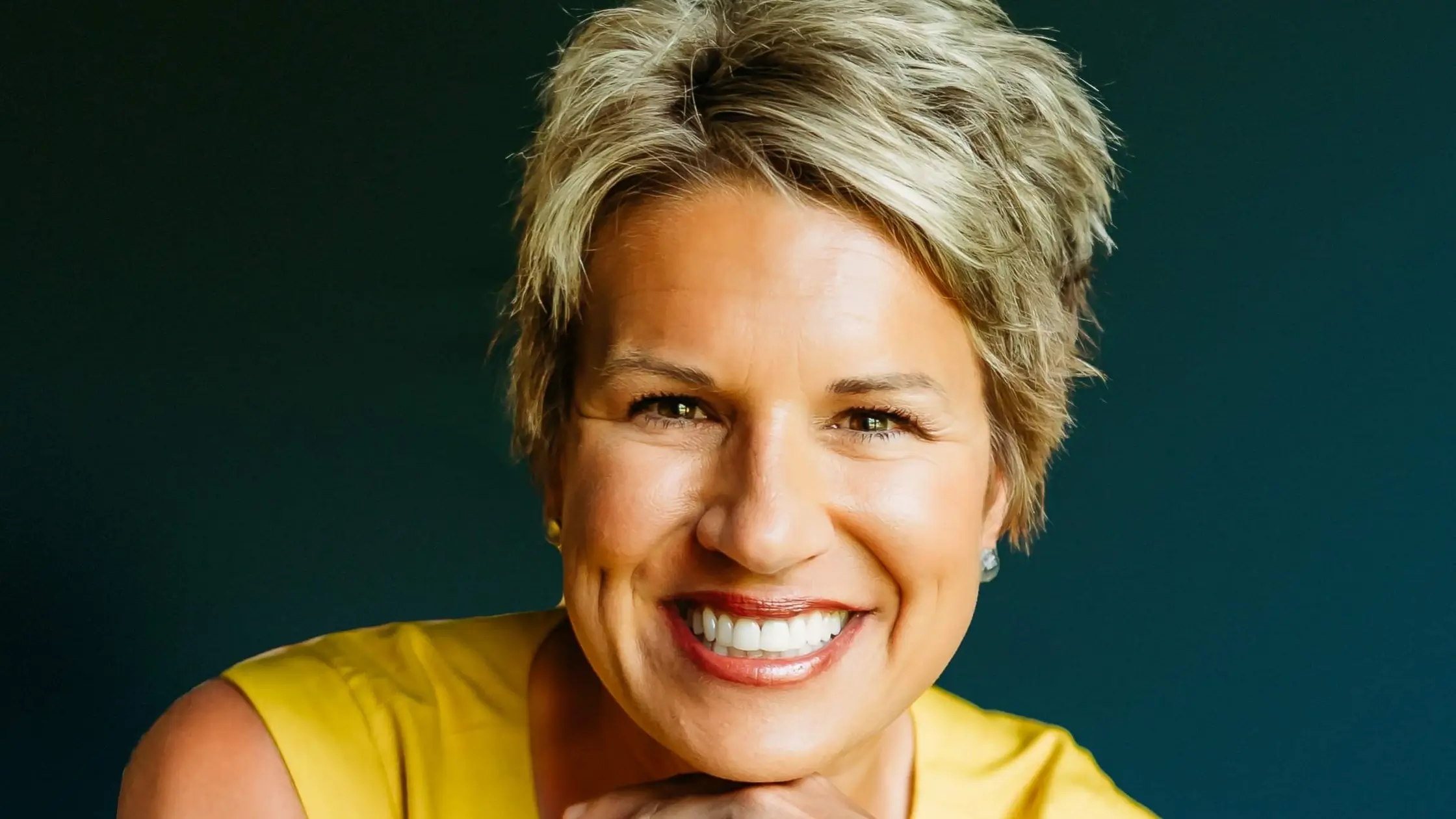Gay Hendricks wrote this amazing book called “The Big Leap”. In it, he explains that as humans we all have what he calls an “Upper Limit Problem.”
Basically, we have an internal thermostat in our body that says, “I have limited tolerance, for feeling good in my life, I have limited tolerance for how much happiness, I am willing to let myself feel how much love, I’m willing to let myself feel how much success, I’m willing to let myself feel.” Because of our Upper Limit Problem, when things are going good for us, we will self sabotage our ability to all the goodness we want to feel in our life.
He explained that have limited tolerance for allowing our life to go well, for a period of time. And when we hit that internal thermostat of being able to feel good or feel success, we do something that stops our positive forward trajectory. The good news….we can change our internal thermostats and reset them to higher levels of success.
What’s in the episode:
- What is the Upper Limited Problem and how does it show up in our lives?
- The ways we self-sabotage and why do we do it.
- The four zones of work identified by Gay Hendricks
- The zone of incompetence: In this zone, you are engaging in something you are simply not good at. This is me trying to dance in the ballet.
- The zone of competence: You can get the job done, but no better than the next person.
- The zone of excellence: In this zone, you are doing something you are very, very good at compared to most other people.
- The zone of genius: When you’re in your genius zone, are in what author Mihaly Csikszentmihalyi calls “flow.” You’re taking advantage of your natural talents and doing what you earnestly enjoy. You have what could almost be called an “unfair advantage” over your competition.
“Our internal thermostat setting determines how much love success, creativity, happiness, well-being we allow in our life.” Kim Strobel
If you enjoy this episode and it inspired you in some way, I’d love to hear about it and know your biggest takeaway. Take a screenshot of you listening on your device, post it to your Instagram Stories and tag me, @kimstrobeljoy.
I would also love if you subscribed to the podcast and left a review at https://podcasts.apple.com/us/podcast/she-finds-joy/id1487739752
Kim’s Happy Academy Waitlist!

If you’re tired of putting yourself on the back-burner and ready to learn powerful strategies for increasing your happiness levels and reclaiming your life, you might want to grab a spot on the Happy Academy Waitlist. Over 17,000 people signed up for this 10-month program last year, so you are gonna want to be one of the first to know when we open the doors! Get on the waitlist here.

